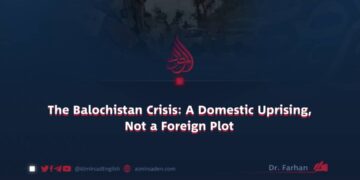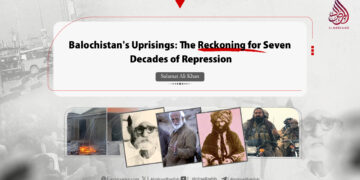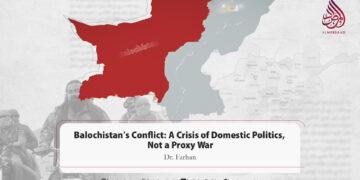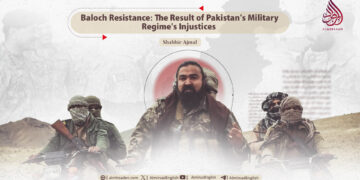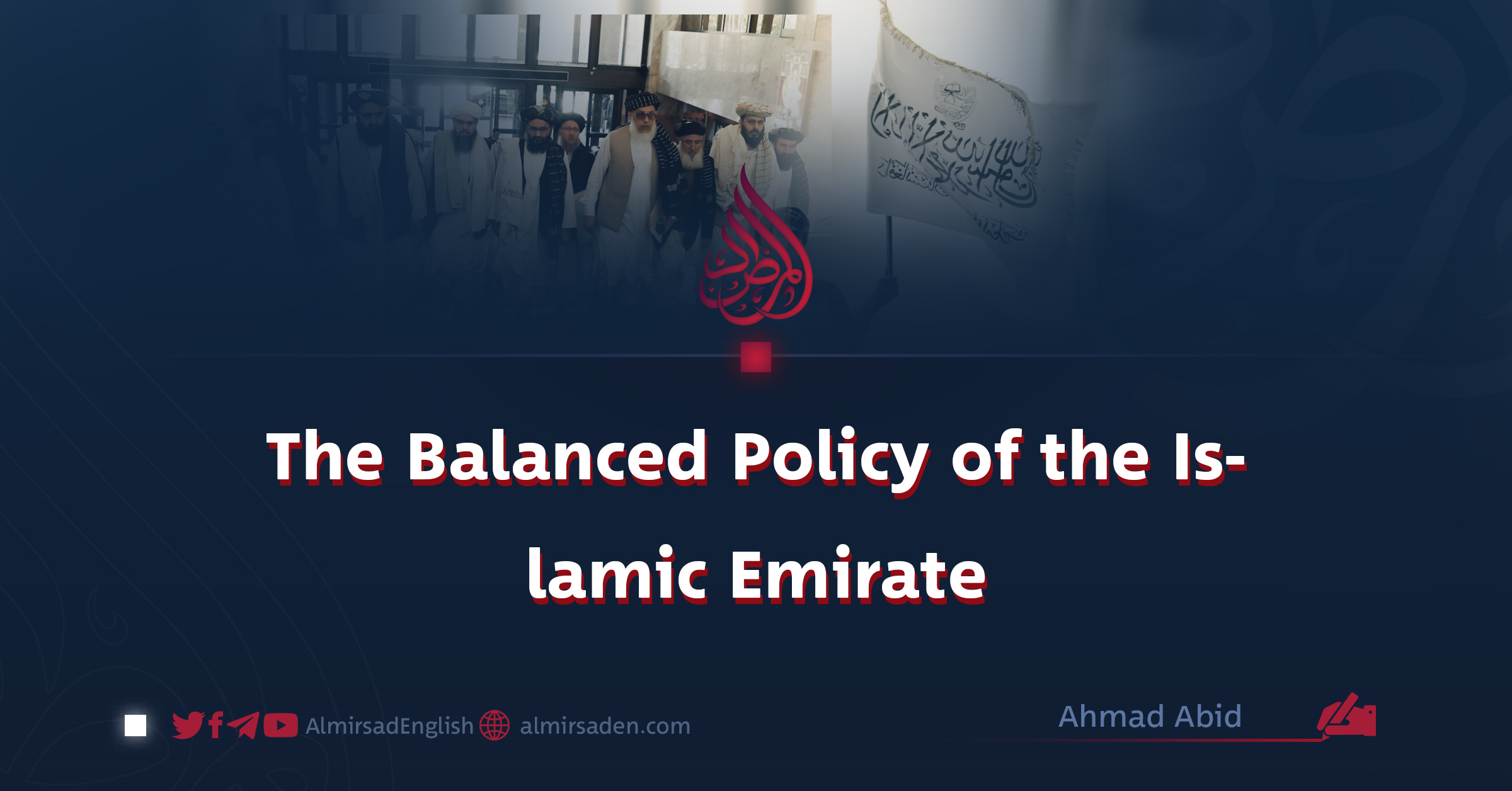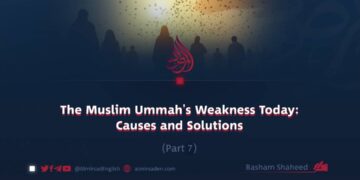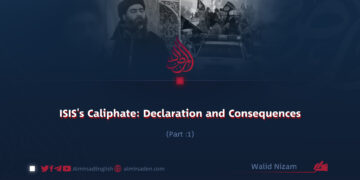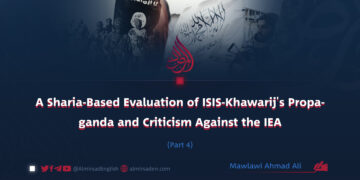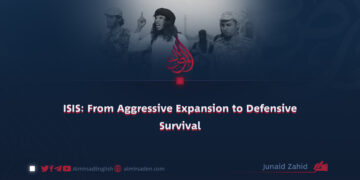Written by: Ahmad Abid
Afghanistan, a nation with a rich history and deep-rooted Islamic and cultural values, has always necessitated a governance approach that safeguards its religious aspirations while enabling positive engagement with the international community.
Currently, the Islamic Emirate’s moderate policy seeks to balance these dual needs by emphasizing adherence to Sharia principles and safeguarding the nation’s Islamic identity. At the same time, it addresses Afghanistan’s political, social, and economic challenges through a realistic approach. This policy is founded on the following pillars:
1. Adherence to Islamic Values
The Islamic Emirate ensures that all laws and regulations are based on Islamic Sharia. Protecting Islamic values is a foundational principle of this policy, evident in all governmental and societal aspects. Laws are crafted under the guidance of Islamic jurisprudence, striving to eliminate any contradictions with Quranic teachings and Prophetic traditions.
2. Strengthening Religious Identity
The Islamic Emirate is committed to fostering the religious spirit of the people through the promotion of Quranic teachings, Islamic education, and the expansion of religious studies. Religious schools (madrasas) and institutions dedicated to Islamic sciences remain a top priority in the Emirate’s educational agenda.
3. Social Justice
Justice, a fundamental principle of Islam, is a cornerstone of the Islamic Emirate’s policy. Efforts are being made to protect the rights of all segments of society and to eradicate any form of oppression or discrimination, in accordance with Islamic values.
4. Ensuring Security and Internal Order
The Islamic Emirate has worked to establish nationwide security and eliminate disorder. This effort is crucial for rebuilding trust between the people and the government.
5. Engagement with the International Community
The Islamic Emirate’s moderate approach emphasizes peaceful relations with neighboring countries and the broader international community. Efforts have been made to address global concerns regarding human rights, women’s rights, and education within the framework of Sharia.
Engagement with the international community is a core element of the Emirate’s policy, aimed at fostering mutual respect, strengthening relationships, and achieving shared interests. While maintaining national sovereignty and adhering to Islamic values, the Emirate seeks to redefine Afghanistan’s role as a responsible and active member of the global community.
In fact, the Islamic Emirate is committed to preserving its Islamic identity and preventing Western values from being forced into Afghanistan.
6. Strengthening Regional Relations
Neighboring countries such as Pakistan, Iran, China, and Russia are key priorities in the Islamic Emirate’s foreign policy. These relationships focus on security, trade, and the management of water and energy resources.
7. Promoting National Unity
A vital goal of the Islamic Emirate is to foster unity among Afghanistan’s diverse ethnic groups and tribes, aiming to end internal conflicts and strengthen national solidarity.
This policy reflects the Islamic Emirate’s efforts to create a governance model that aligns with Islamic principles while addressing contemporary challenges and fostering cooperation on both regional and international levels.














